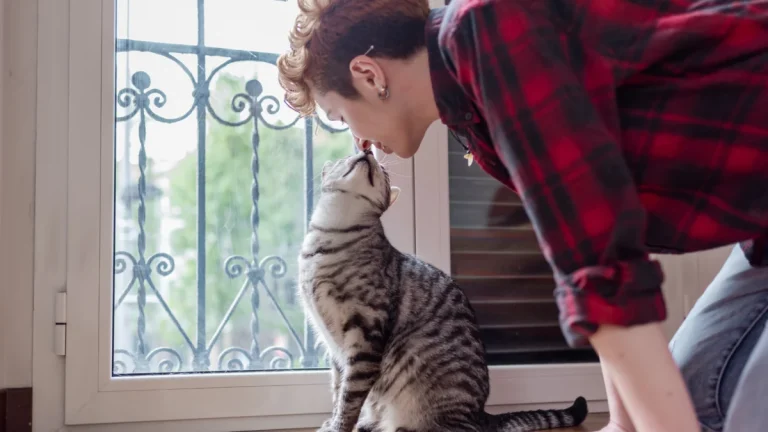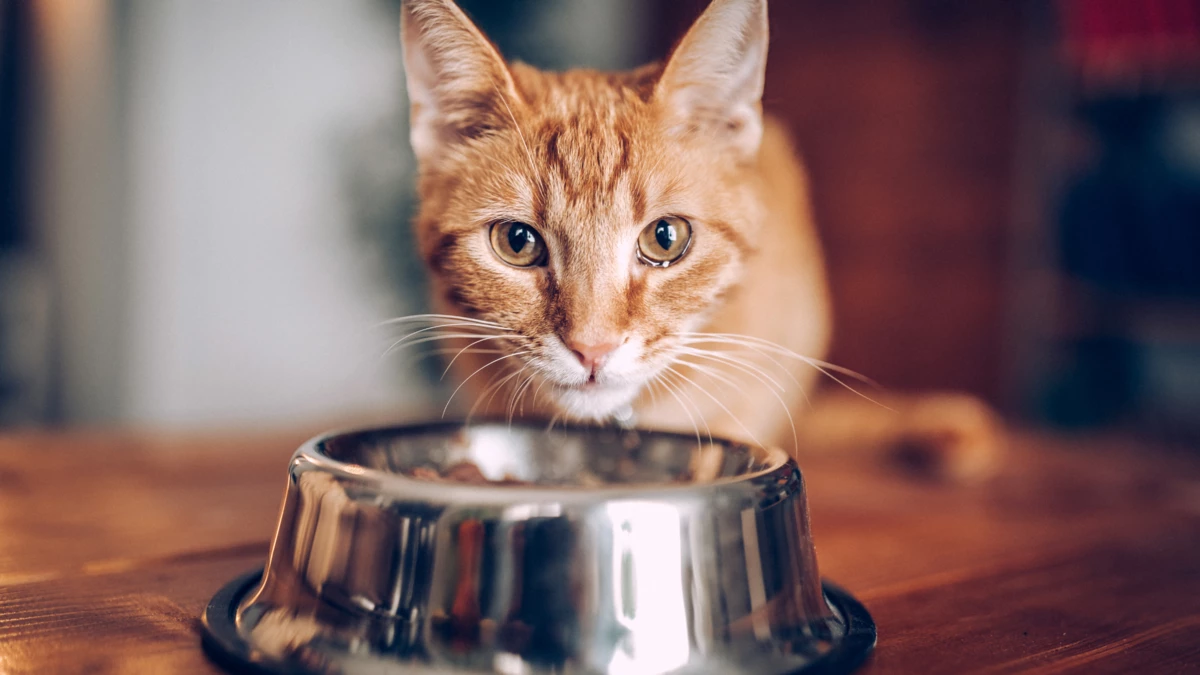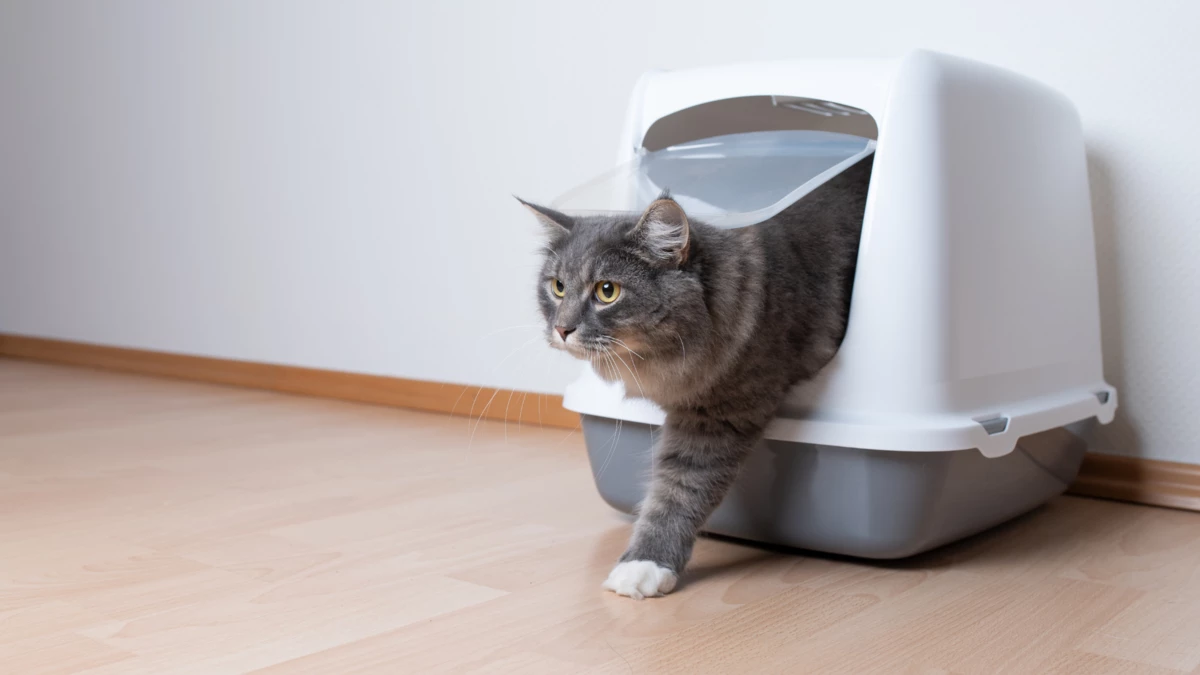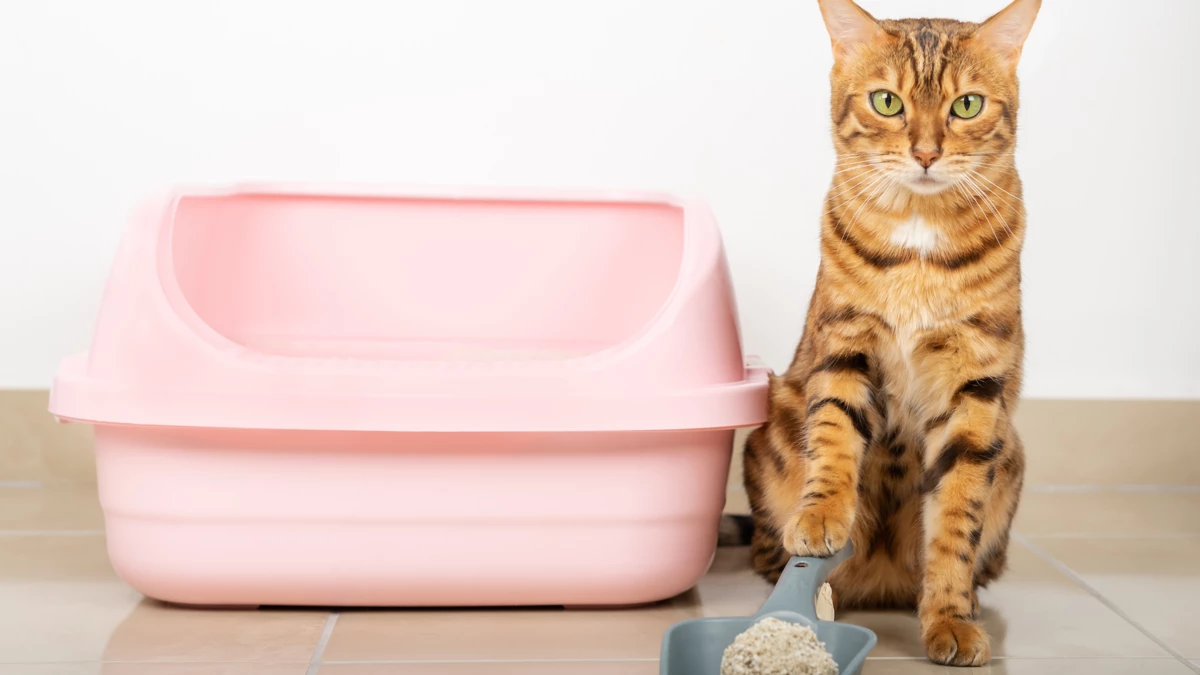Can cats drink coffee? is it good or bad
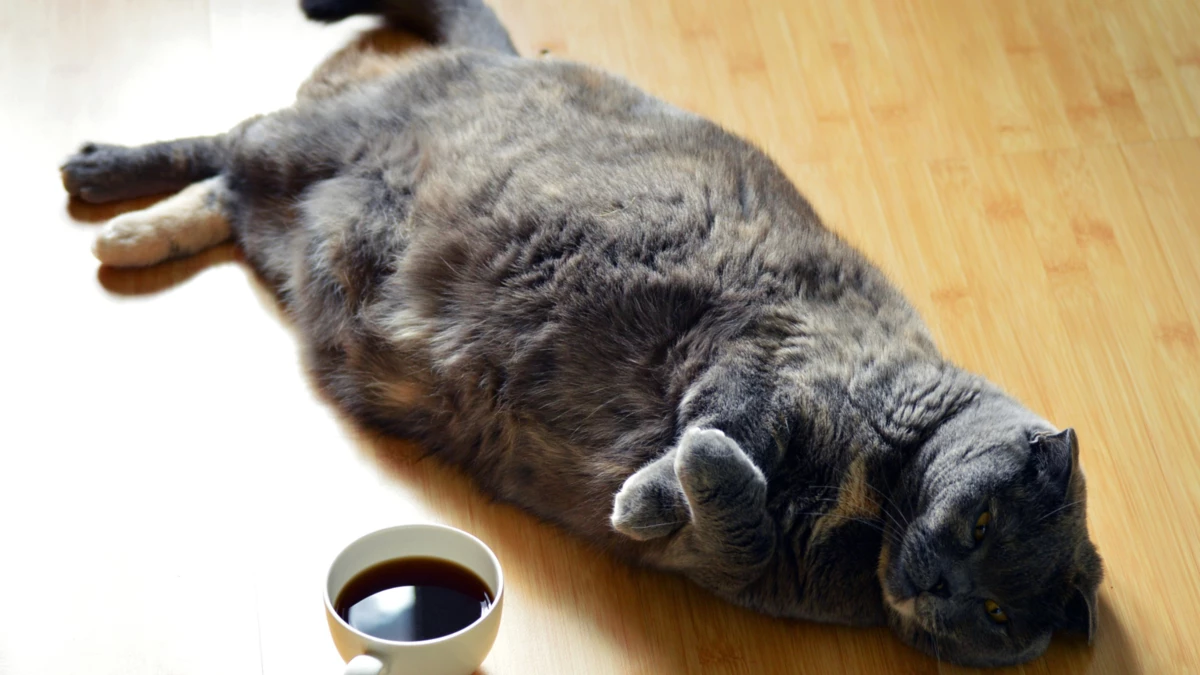
Key Takeaways
- Cats should not drink coffee, even in small amounts.
- Coffee contains caffeine and theobromine, which are toxic to cats.
- The symptoms of coffee poisoning in cats include rapid breathing, palpitations, seizures, restlessness, tremors, coma, and death.
- Decaffeinated coffee is not safe for cats either, as it still contains other toxic compounds.
- The only drink cats should drink is water.
Many people enjoy their coffee every morning. For many, it is part of getting up. But is it okay, or at least safe, for cats to drink coffee? Does coffee have any benefits for her or is it a problem if the cat drinks coffee?
So, can cats drink coffee? Cats shouldn’t and shouldn’t drink coffee, even in small amounts. Coffee is naturally high in caffeine and other stimulant compounds like theobromine, which are toxic to cats and can be dangerous. Cats that consume a small amount of coffee can experience hyperactivity and digestive problems, while larger amounts can cause diarrhea, vomiting, and even death. It’s not just coffee that you should keep away from your cat.
Chocolate and tea are also foods that contain caffeine, theobromine, and other compounds that can cause severe poisoning. And as a responsible cat owner, it’s not just about not offering your cat these foods. You should also be careful about where you store them.
Coffee, tea, and chocolate should not be left lying around or in any way accessible to an inquisitive and adventurous cat. If your cat accidentally ingests coffee, you’ll likely notice a change in its behavior and temperament. These changes can come on quickly and worsen over time.
Initially, you may notice signs such as an increased heart rate, abnormal heart rhythms, and hyperactivity. Coffee can even increase body temperature, cause tremors, and lead to vomiting and diarrhea. Ultimately it depends on the amount ingested, but in some cases, coffee can be fatal to cats.
If you suspect your cat has swallowed coffee, you should definitely see your veterinarian as soon as possible. Discover the captivating world of catnip for cats and learn about its effects on your feline friend. This article explains the safe consumption of catnip plants by cats, providing valuable insights into their reactions and potential benefits.
Can cats drink coffee?
Cats shouldn’t drink coffee. It would be completely irresponsible and dangerous to give your cat coffee or let her drink it. This applies to all products that contain caffeine and theobromine. These are two substances that have stimulating effects when consumed.
Therefore, every time we consume them, we feel a little high and get a boost of energy. People are also advised to limit their coffee consumption. This is especially true for sensitive people and those who do not tolerate caffeine well. Cats, which are much smaller, have a different metabolism, and are not used to processing these types of substances, are even more sensitive.
Ultimately, your cat’s well-being largely depends on what they eat and what they don’t eat. Part of your cat’s health care is to limit, and if possible eliminate, access to toxic foods. Cats are curious about everything their humans eat or drink – even coffee!
Therefore, keep caffeinated foods out of your cat’s reach. And don’t leave cups or mugs of coffee lying around within reach. Chocolate or other potentially toxic substances such as tea bags should also never be left lying around, especially not within your cat’s reach.
Remember that cats can jump quite high!
Some cat owners even choose to put cat-proof locks on cabinets, which works well for more stubborn cats. Also, you should never allow your cat to climb or jump on the kitchen worktop. Especially when you are preparing, cooking, or eating food. Also, feeding leftovers is generally not recommended, as most human foods are unsuitable for cats.
Of course, a little cooked chicken without salt and spices can’t hurt. But most foods are not suitable. Also, be extra careful when small children are around. Because they like to put groceries somewhere and leave them lying around in your apartment. Some guests also leave their cups and coffee mugs in inappropriate places without realizing how problematic this can be.
What happens when cats drink coffee?
Luckily, if your cat accidentally takes a small sip or two of coffee, it’s unlikely to cause any serious, long-term, or significant damage. This is good news for anyone who has experienced their cat sticking its head in a cup of tea or coffee without being asked. It happens, and sometimes there’s little we can do about it. However, once the cat has had coffee, you should keep a close eye on it afterward. Observe their behavior and activities after drinking coffee.
If it is a small amount of coffee, it will naturally be eliminated from the cat’s body over time and should not cause any adverse reactions. You may notice during this time that she is more lively, fidgety, or even more active than usual. Explore the world of cats and vegetables, focusing on squash. This article examines the safety and advantages of including squash in your cat’s diet, providing insights into how this vegetable can contribute to your pet’s nutritional needs.
However, if she has been consuming coffee in large quantities, you may have a problem. Caffeine in higher doses can be fatal to a cat. It’s also worth pointing out here that drinks that are labeled as decaffeinated are often not completely decaffeinated, but only contain a smaller amount of caffeine than other fully caffeinated drinks. This applies to decaffeinated coffee and many decaffeinated teas. You should not offer these to your cat either.
Now let’s take a look at the most commonly observed symptoms that cats experience when they consume large amounts of coffee or caffeine:
- Rapid breathing
- palpitations
- seizures
- restlessness
- Tremble
- coma
If your cat shows any of the above signs, you should contact a veterinarian immediately and take her to him. Time is of the essence here. So you shouldn’t hesitate. The longer you wait, the more caffeine can build up in the cat’s body. And the less likely it is that your vet can actively help to remove the caffeine from the cat’s body.
Therefore, once the animal has ingested a lethal dose, the chance of survival is reduced. Treatment often includes IV fluids, but liquid charcoal is also commonly used to help rid the body of caffeine more quickly. In this context, it should be mentioned that caffeine can be hidden in many foods.
Chocolate, sodas, and even over-the-counter pain relievers can contain caffeine, so use caution.

How much coffee is toxic to cats?
Technically, any amount of coffee is toxic to a cat. It just depends on how much she has ingested if she can overcome the effects and clear the coffee out of her body naturally. For this reason, cats should never consume coffee, no amount is suitable for them.
As mentioned, a sip or two may not cause serious problems, but it’s also of no use. If you have cat squash queries, this article has answers. It outlines the safety and potential advantages of introducing squash into your cat’s nutrition, helping you make informed decisions about this vegetable’s role in your pet’s diet. Realizing how devastating coffee can be for cats should be an incentive to proactively make your home as cat-friendly as possible.
Can cats drink decaf coffee?
Cats should also not drink decaffeinated coffee. This is because coffee, even without caffeine, naturally contains hundreds of chemicals and compounds that are toxic.
These compounds can put a strain on a cat’s digestive system. Theobromine is an example of such a compound.
Also, coffee in all forms is highly acidic and offers no real benefit to the cat. The only liquid a cat should drink is fresh, clean water.
Can coffee kill a cat?
Coffee can undoubtedly kill a cat when consumed in sufficient quantities. And you will be surprised how small this amount actually is. If a person overdoes it with caffeine, the effects are quickly visible. It can make us restless, increase our heart rate, make us speak faster, and so on. Cats are much smaller creatures with smaller organs that need to process and handle more foreign substances.
As such, the effects of caffeine hit them much more severely and likely much faster than humans. Cats who consume caffeine increase their heart rate and become hyperactive, jittery, restless, and agitated. However, if they drink enough coffee, there is a drastic increase in blood pressure, which can cause cardiac arrhythmia, which is very dangerous.
In addition, caffeine affects the gastrointestinal tract, which often leads to diarrhea and vomiting. In a way, this can be a good thing as it helps remove much of the venom from the cat’s body. However, both conditions can be dangerous as a cat quickly becomes dehydrated and malnourished. In more extreme cases, ingestion of coffee can lead to fever, collapse, coma, and death. Caffeine poisoning in cats is a serious matter and should not be taken lightly.

What can cats drink?
There is only one drink you should offer a cat and that is water. Cats need water to stay hydrated, for optimal bodily function, to prevent kidney disease, and for general health. It’s important to dispel the common myth that cats can drink milk. They can’t because most cats are lactose intolerant.
When cats are kittens, they naturally drink their mother’s milk. When kittens are abandoned or their mother dies, kitten milk is often used and is an ideal substitute. However, they only need to drink these until around 8 to 9 weeks of age, when they can be fully weaned.
That’s because as cats get older, they stop producing the enzyme that helps digest milk sugar, called lactose. The reason for this is that they then theoretically no longer have access to milk and no longer need it. At least from an evolutionary perspective.
In an adult cat, the lactose in milk or other dairy products is likely to cause indigestion. Unfortunately, cats like the taste of cow’s milk and even cream because they’re high in fat, so they’ll drink it even if it doesn’t suit them. What many cat owners don’t realize is that a cat that is fed properly and enjoying a nutritious and balanced diet should not have cravings for extra fat.
If your cat accidentally drinks some milk, you should watch for signs of vomiting or diarrhea. In this case, it is also advisable to contact your veterinarian as soon as possible. Instead, your cat should always have access to fresh, clean water, even if he doesn’t like to drink water. If this is the case with your cat, you should experiment with different water bowls instead of reaching for milk or other beverages. The right bowl makes all the difference.
Some cat owners swear by drinking fountains, and some cats actually prefer them to water bowls. Adequate hydration is essential for cats as they are prone to chronic kidney disease, which water can help prevent. Another consideration is that cats are not actually natural water drinkers. Feral cats get most of their water from their food, so mostly from meat sources.
Your cat may therefore need to be encouraged to drink. If your cat flatly refuses to drink water no matter what bowl you give her, try boiling some white fish or a chicken breast in water. You can then offer her the cooking water once it has cooled. The smell of the broth should entice them to drink it. If you try this, be careful not to add spices or salt to the water.
Conclusion: Can cats drink coffee?
You should never offer your cat coffee. Nor should it ever be accessible to them. Tea, chocolate, and milk should also be on the list of foods and drinks she should never eat. These foods are neither beneficial nor healthy for them. Instead, they pose a number of health risks and potentially fatal consequences. If your cat accidentally eats any of these foods, don’t judge yourself too hard or panic too quickly. Mistakes happen, and it is unlikely that small amounts will have any serious or long-term consequences.
However, you should monitor your cat closely and seek immediate veterinary care. The quicker you act, the better for everyone involved. Stay alert and make sure you never inadvertently neglect your cat’s needs. Just as you would childproof your home to make it a safe environment for a small child, you should do the same for a cat. Children can be taught to stay away from things that could harm them. But cats cannot be taught to stay away from everything. Especially not from food. They do what they want and are naturally curious. Even if it can harm you! So make sure you keep things like coffee and other caffeinated products far away from them.


